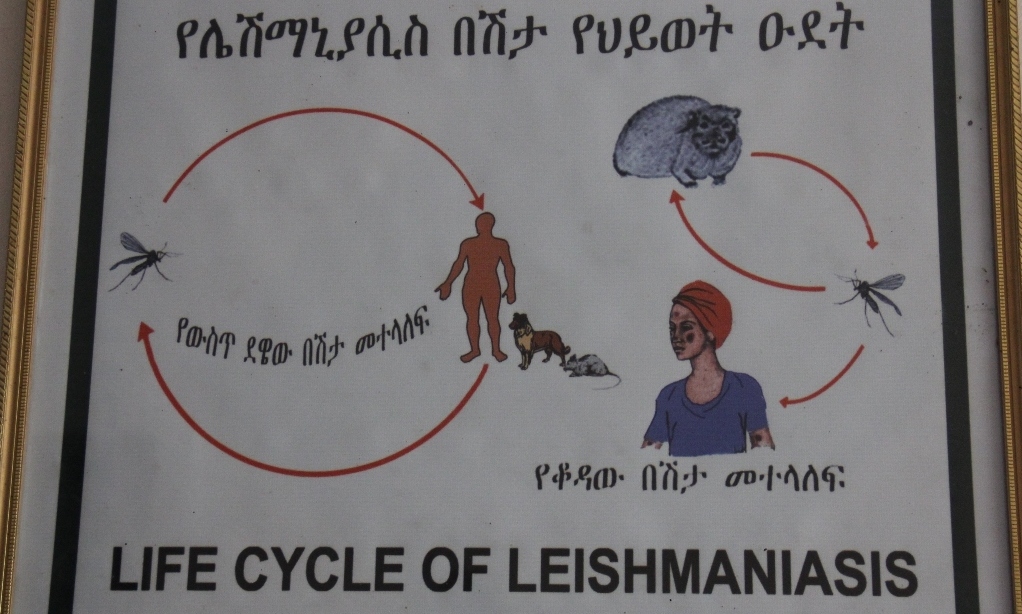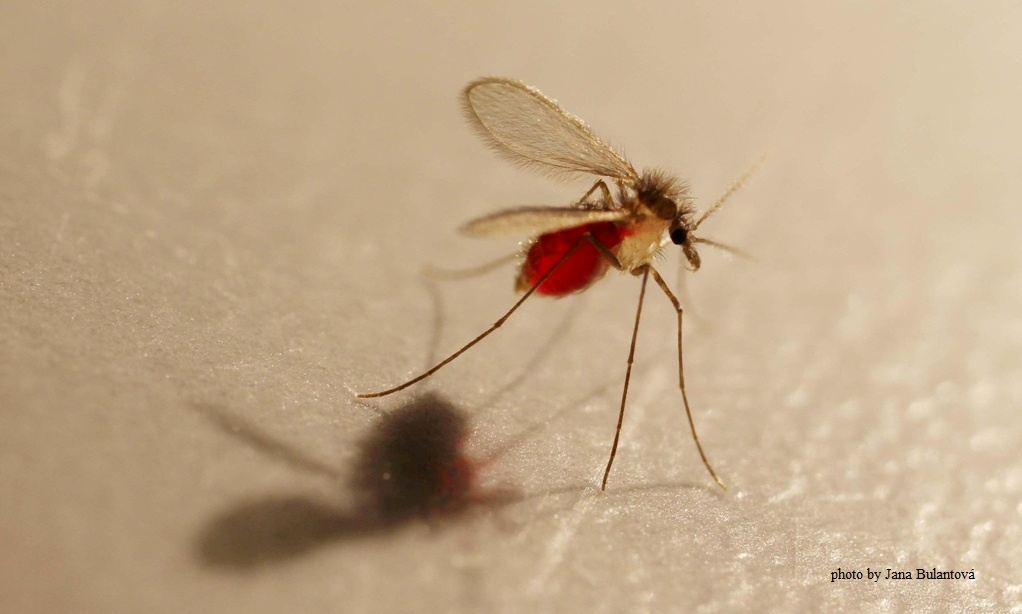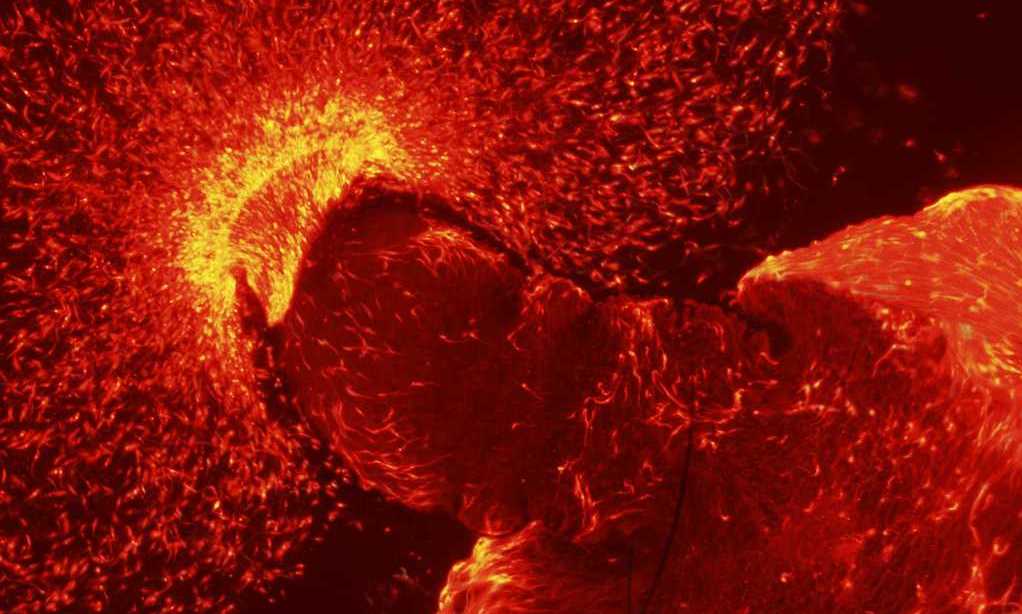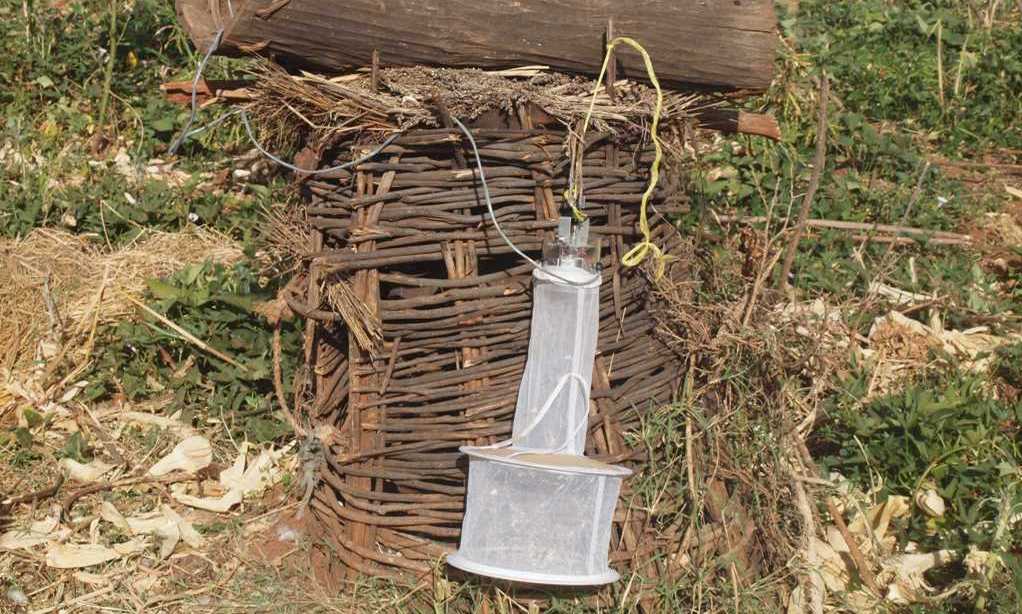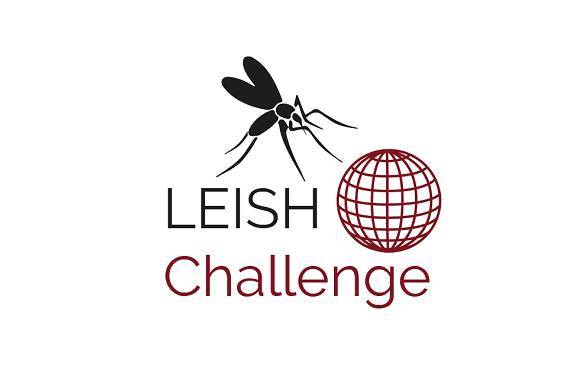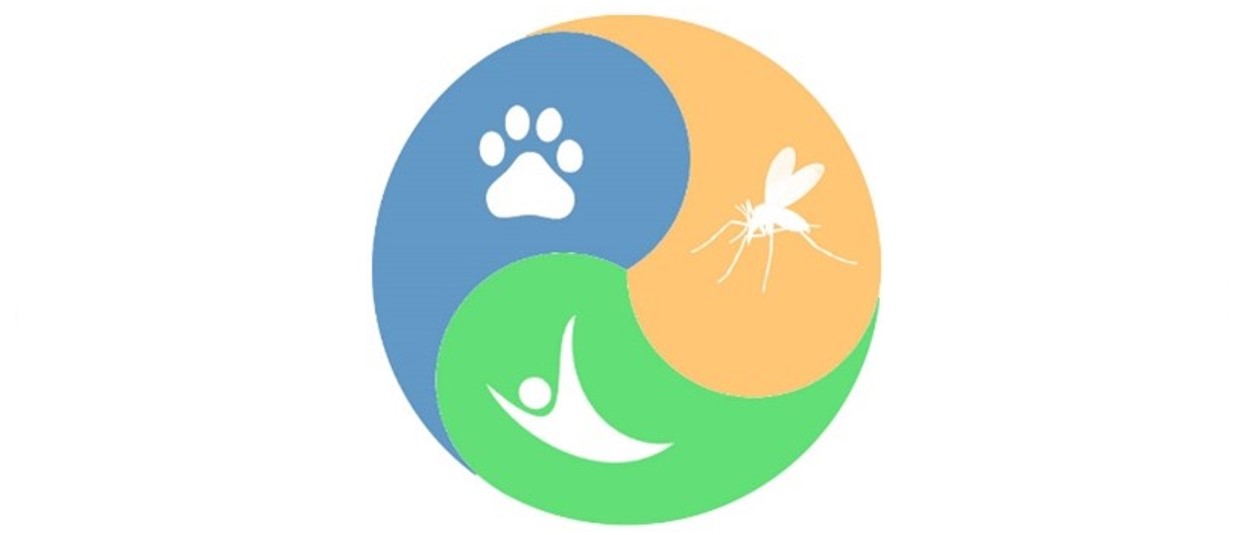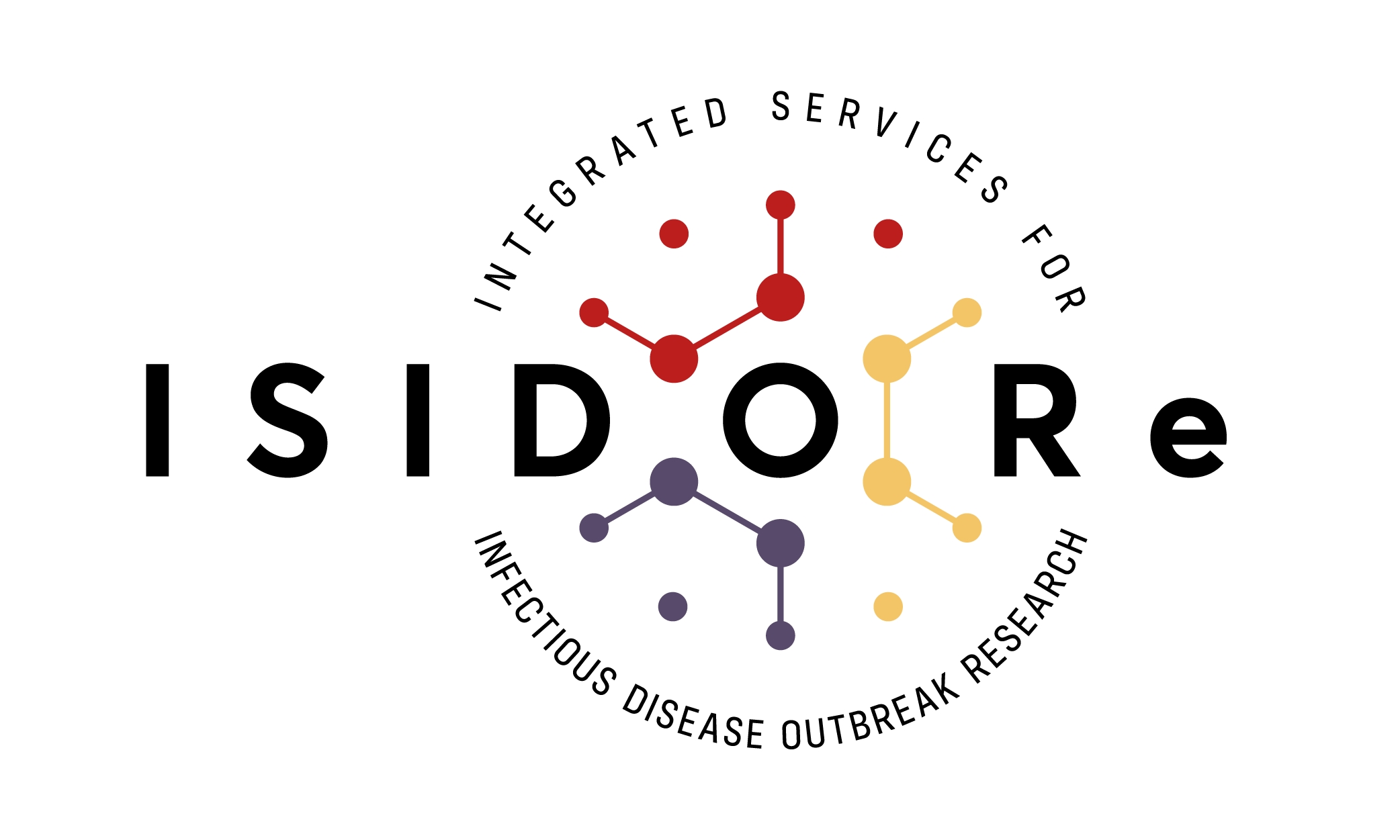Vector-borne pathogens causes important infectious diseases worldwide. Out of the 10 the most important tropical diseases monitored by the World Health Organisation (WHO), seven are transmitted via insect vectors. Among them are leishmaniases, caused by Leishmania parasites (Euglenozoa: Kinetoplastea: Trypanosomatida), dixenous parasites circulating between vertebrates (including humans) and insect vectors. Leishmaniases are mostly zoonoses, transmitted between their mammalian reservoir hosts and insect vectors, with humans accidentally breaking in the transmission cycle. There are about 20 species capable to infect humans, distributed in tropical and subtropical regions worldwide. The prevalence is about 10-20 million people. The clinical outcome of the infection is individual and affected by the factors of the parasite (species, strain, virulence) as well as of the host (sex, genetic background, immune and nutritional status) origin. Majority of Leishmania species (e.g. L. major , L. tropica a L.mexicana) cause cutaneous self-healing form of the disease. On the other hand, visceral form could be fatal, if left untreated. It is mainly caused by L. donovani), and manifests with fever, hepatosplenomegaly, and anemia. Majority of medically-important Leishmania species are transmitted by sand flies (Diptera: Psychodidae), tiny mosquito-like dipteran insects. Besides Leishmania parasites, sand flies are also vectors of viruses and bacteria. Our laboratory focuses primarily on sand flies, and sand flies-transmitted Leishmania and viruses.
Our research includes field as well as laboratory studies. Unique collections of phlebotominae sand fly colonies as well as Leishmania species and strains are established in our laboratory. Different combinations of sand fly-Leishmania allow us to reveal factors important for parasite development and transmission thus obtaining unique important results. Methods currently used in our laboratory include (but not limited to) analysis of DNA and proteins, histology, electron microscopy, immunology, and entomology. Besides laboratory experiments, members of our laboratory are involved in field projects in areas endemic for leishmaniasis, mainly in Mediterranean countries. Laboratory for Vector Biology has an international collaboration with leading experts in this research field thus our students may study or take internship in top universities and laboratories abroad.
